Click here to follow on Facebook and Pinterest.
The great empire of the Medes and Persians stretched from India to Africa and had many important cities. While Daniel served in Babylon faithfully, in Susa, another major city, King Xerxes kept his court. He wanted to impress all the officials who served under him with lavish parties that lasted for days. Caring only for how well he could impress his guests, he demanded the queen, Vashti, parade before them. Unwilling to be treated like a decoration, Vashti refused. The king was so angry he declared that a new queen would be chosen, and a contest would be held to choose her.
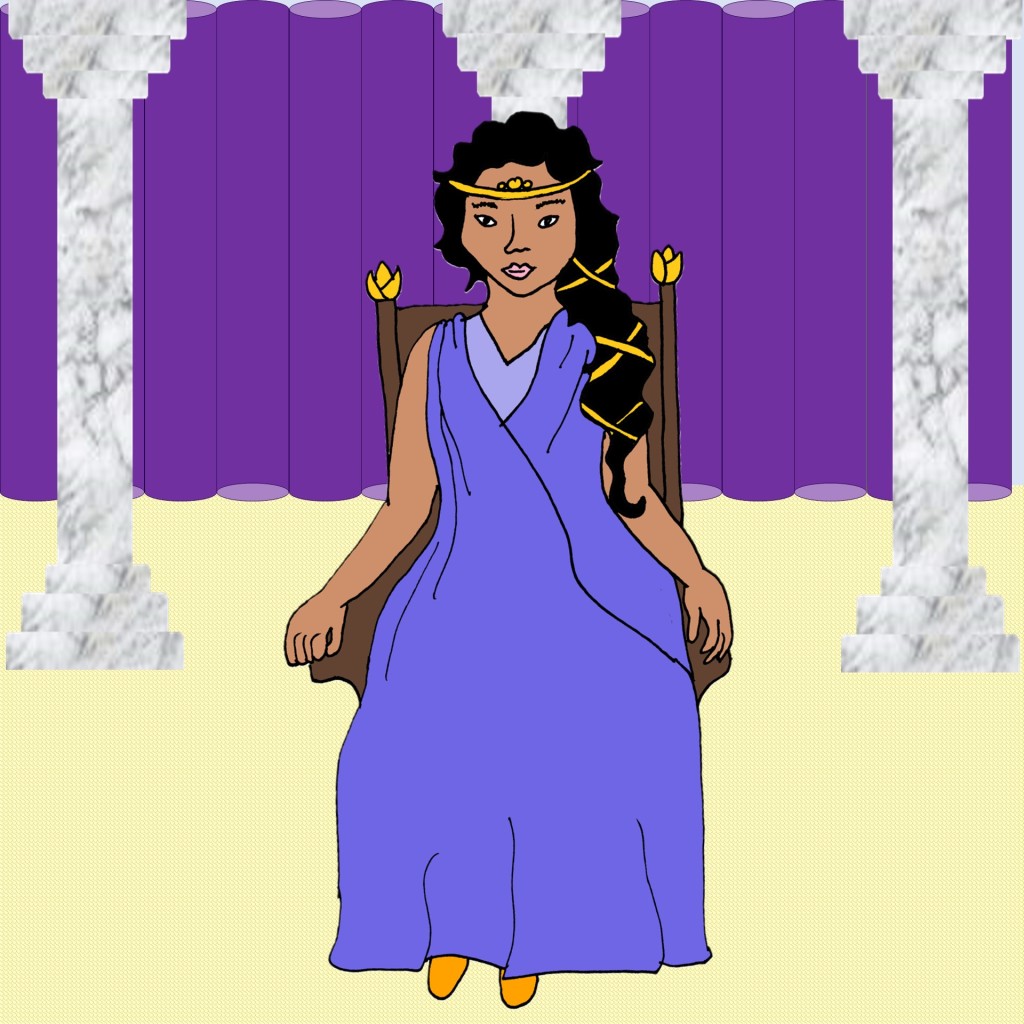
Just like Daniel, Shadrach, Meshach and Abednego, many other people had been taken from Judah and spread out all over the empire. The locals called these people from Judah “Jews” for short. Mordecai was a Jew who lived in Susa with his niece, Hadassah, whose parents died when she was young. Mordecai raised her as his own daughter, and she was given a Babylonian name: Esther.
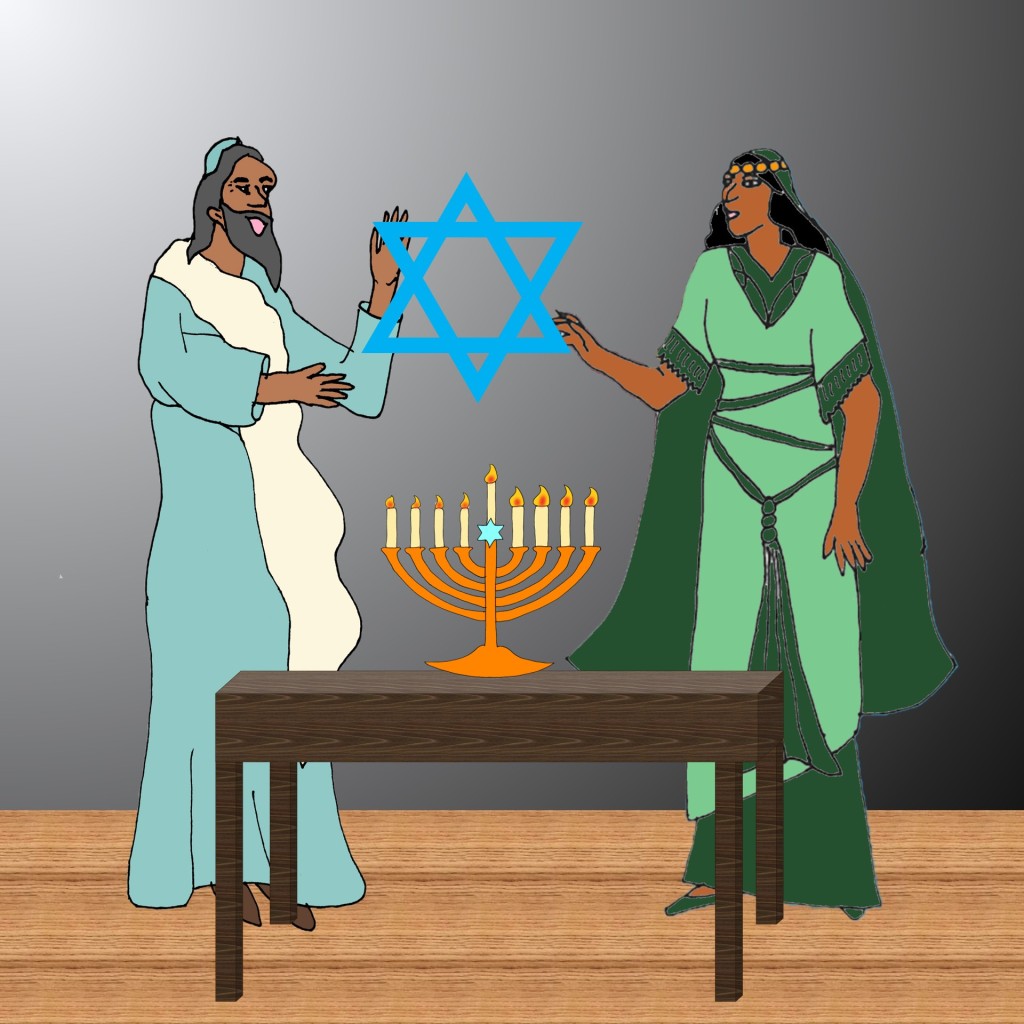
When the king declared his contest for the next queen, women were chosen to be brought to the palace. Whether she wanted to be or not, Esther was now a candidate for queen. Knowing how many people in Persia felt about those brought from Judah, Mordecai warned Esther not to tell anyone that she was Jewish. Every day Mordecai would walk below her balcony to try and see how Esther was being treated by the palace servants. The chief servant in the palace thought Esther was wonderful and gave her the best jewelry and dresses. When the king met her, he immediately decided she was the winner of the contest. Esther became queen.
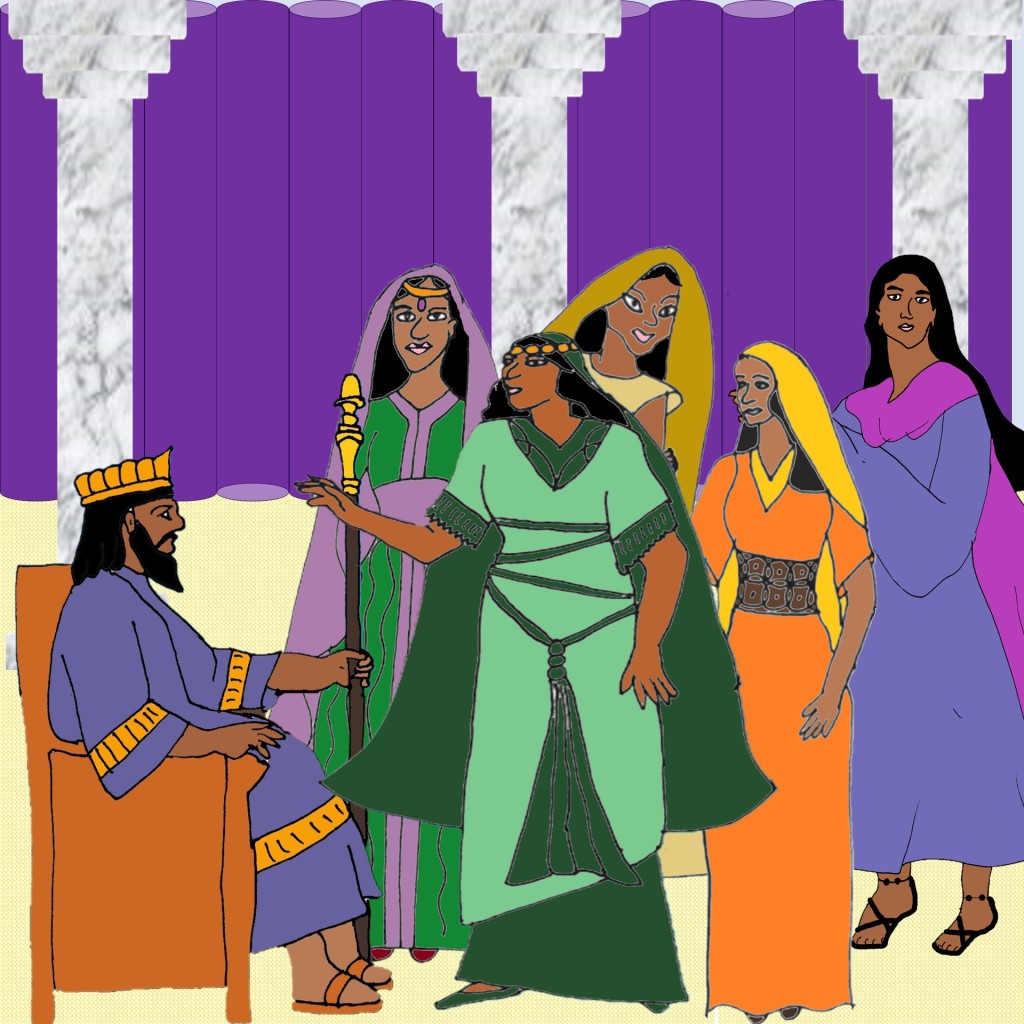
Mordecai worked in the king’s palace, but told no one he was related to the queen. Although he did his job faithfully, he would not disobey God’s commands. When the king’s highest official, Haman, rode by, everyone kneeled but Mordecai.
“Why don’t you kneel before him like you are supposed to?” the other officials asked him.
“I am a Jew,” Mordecai answered. “I can bow to none but God.”
When Haman heard of this, he was furious.
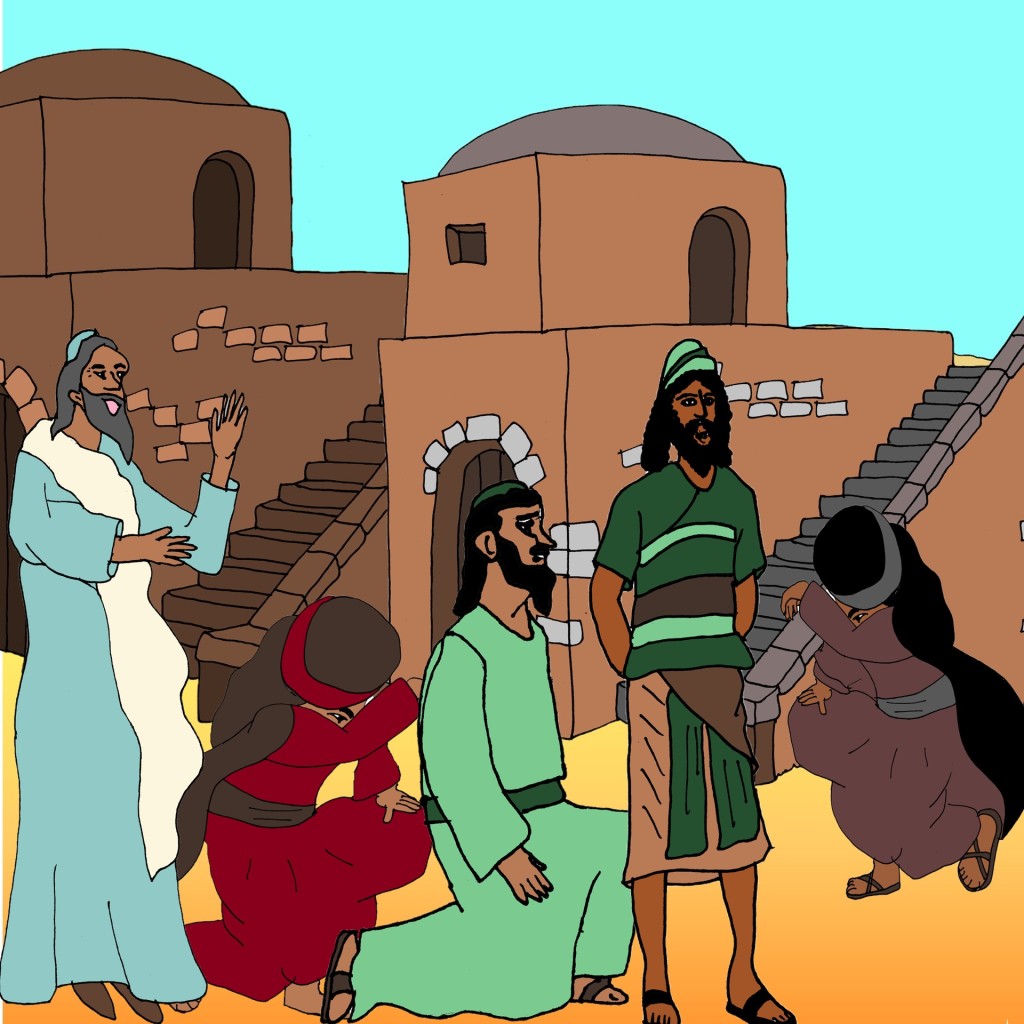
Haman couldn’t accept that there was a group of people in the empire who followed different rules. He complained to the king, “Your Majesty, we must get rid of all the Jews here. They ignore your laws and follow their own traditions!”
“Do as you wish,” King Xerxes told him. “And then you can keep all their money once they are gone.”
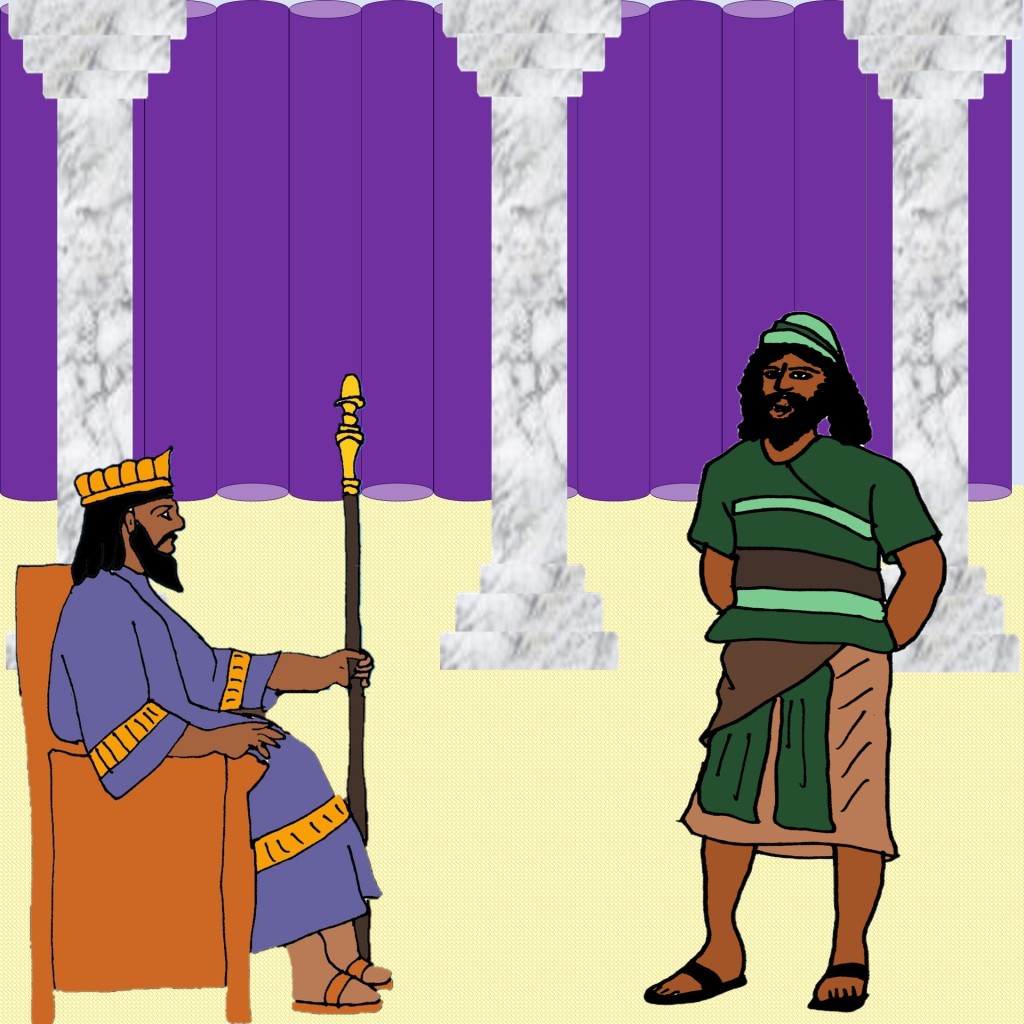
When Mordecai heard about this, he told Esther right away. “You must beg the king to stop this!”
“I can’t!” she explained. “No one is allowed to walk into the king’s room without being called by him. Not even me.”
But Mordecai reminded her that she would become a victim of the cruel law Haman had suggested. “Just because you are queen now, does not mean you are no longer Jewish,” he said. “Has it occurred to you that the chief servant and king liked you more than the other women because a Jewish woman would be needed in the palace to save her people?”
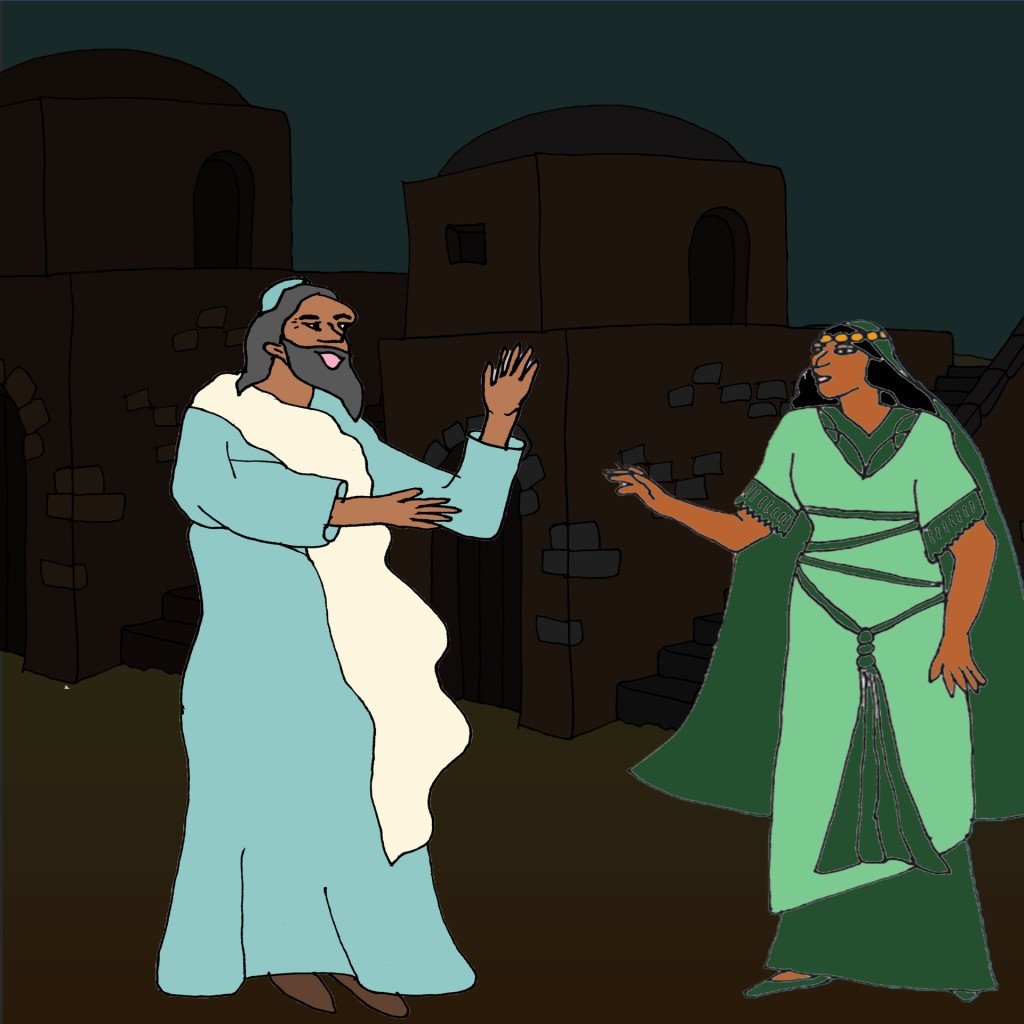
So Esther bravely agreed to walk into the king’s room without an invitation. Out of his love for Esther, the king reached out his royal scepter, showing that she would not be punished for breaking this rule.
Esther asked the king to join her for dinner with Haman.
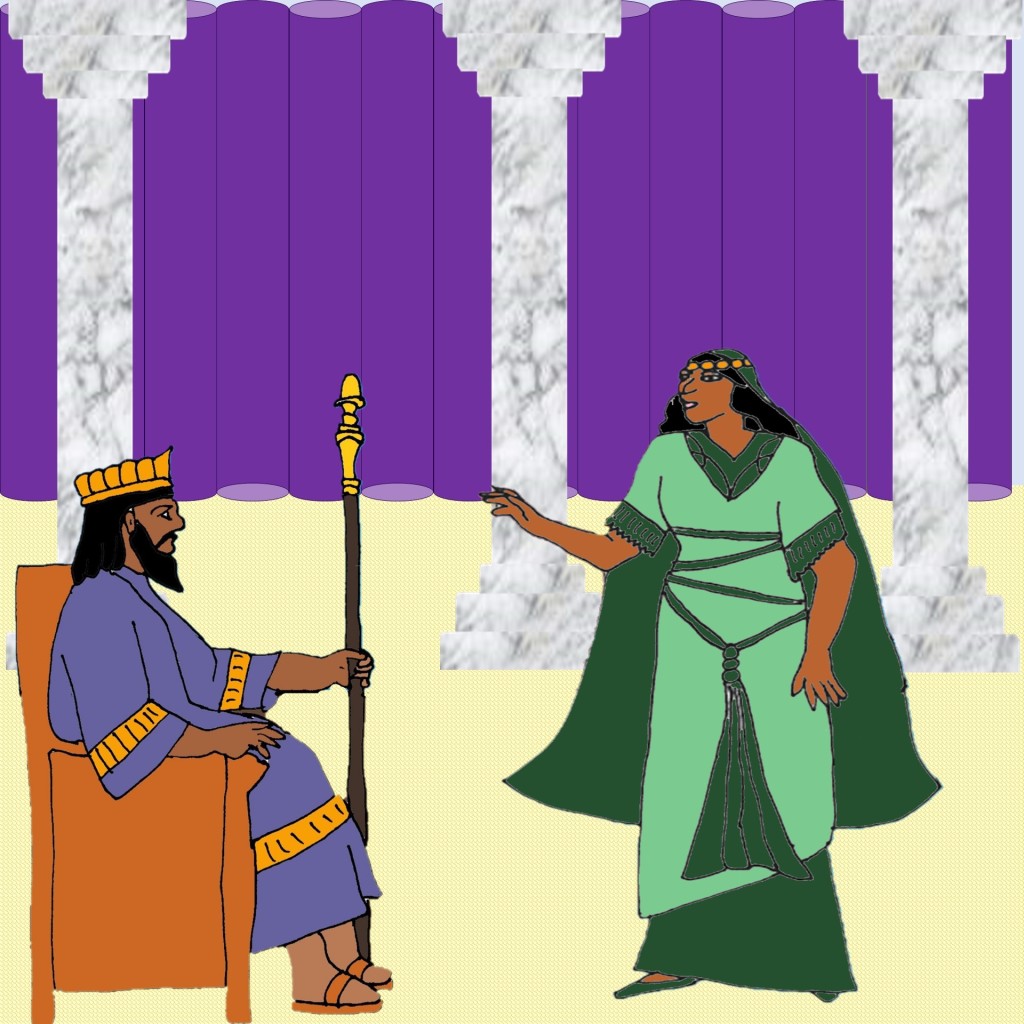
“What is the purpose of this dinner?” King Xerxes asked her as they dined together, Haman imagining the queen must think very highly of him to invite him to this private dinner.
“This dinner is so I can beg for the safety of my people,” Esther replied. “This evil man, Haman, has decided to get rid of us and keep all our money.”
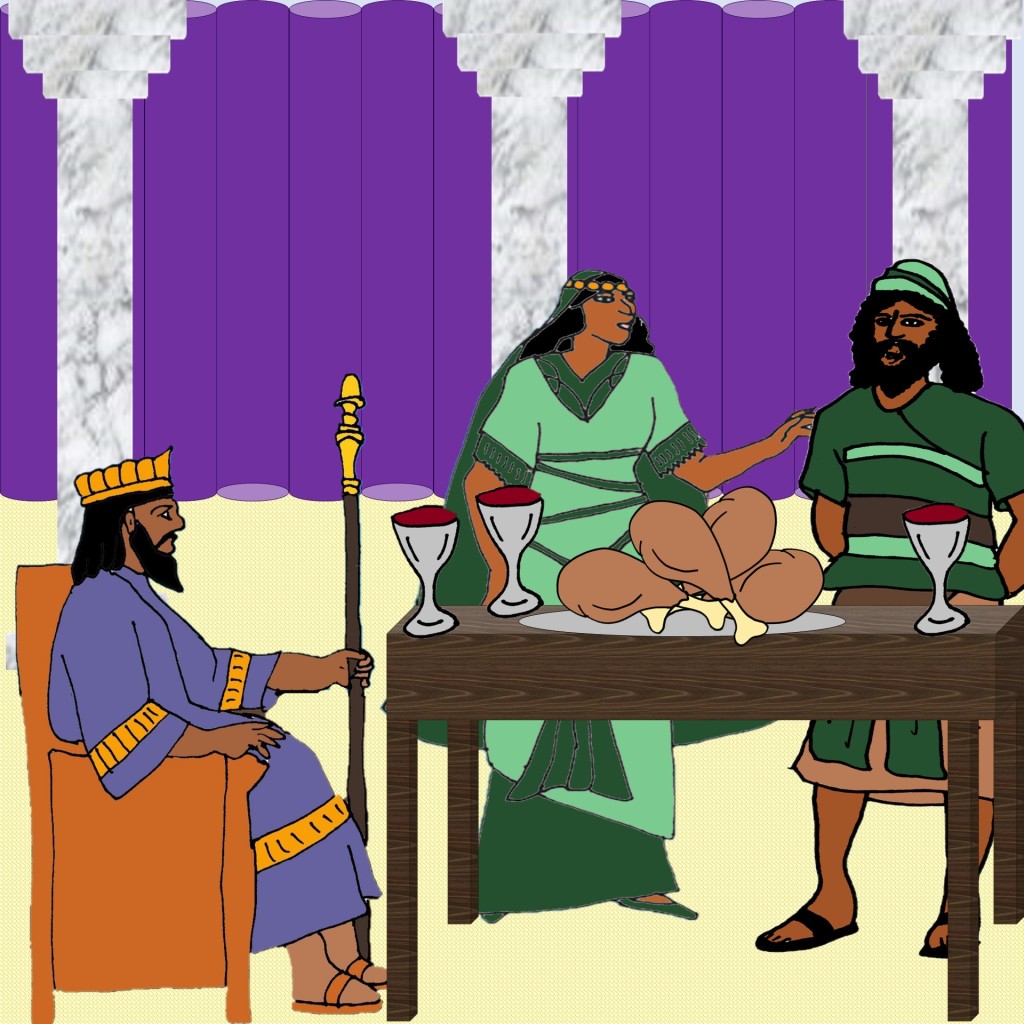
Furious, Xerxes declared that the Jews in his kingdom would be allowed to defend themselves against anyone who tried to harm them. Haman was replaced by Mordecai, who could now see his niece any time in the palace, for now everyone knew that the queen was Jewish; a follower of God who would follow His commands no matter how far from her homeland she might be.
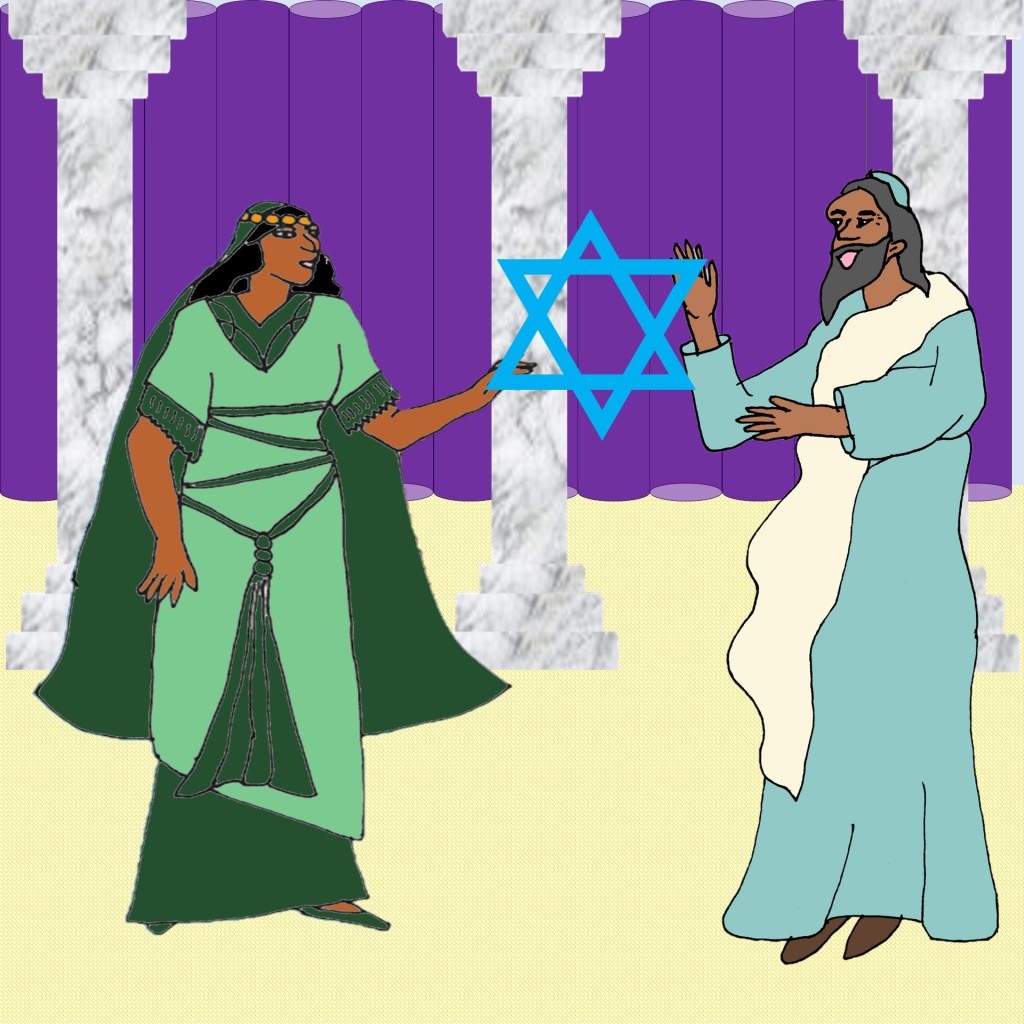
Activities
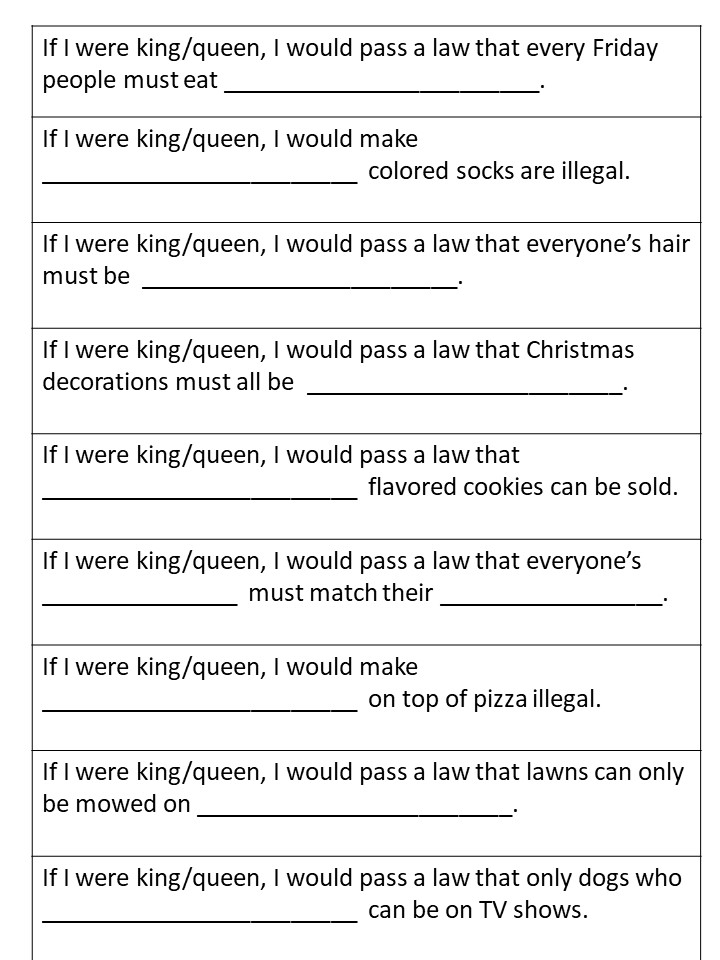
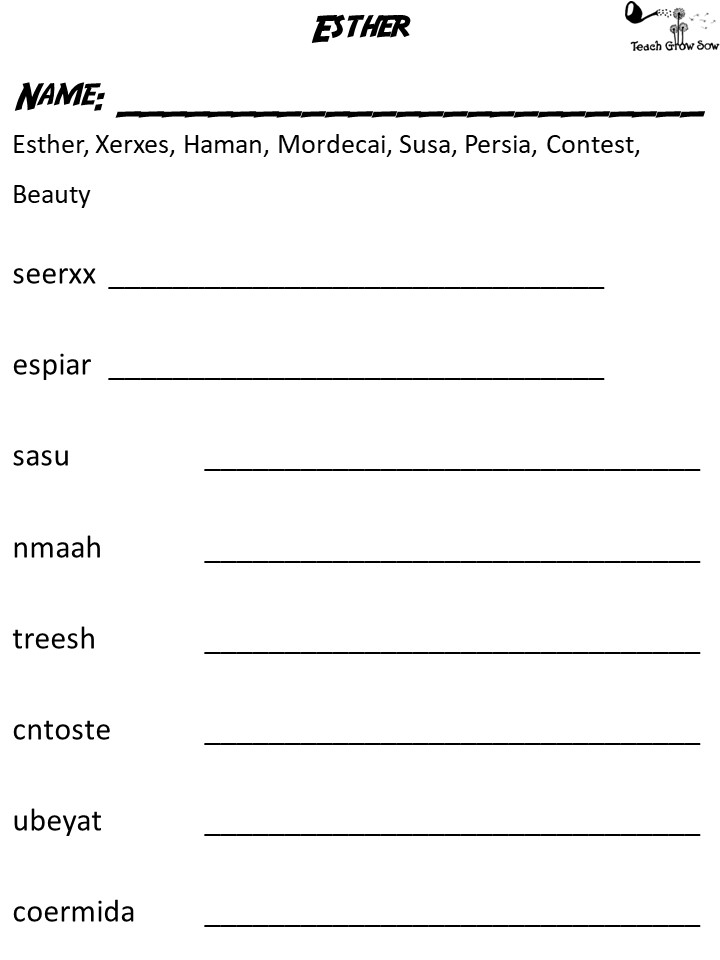
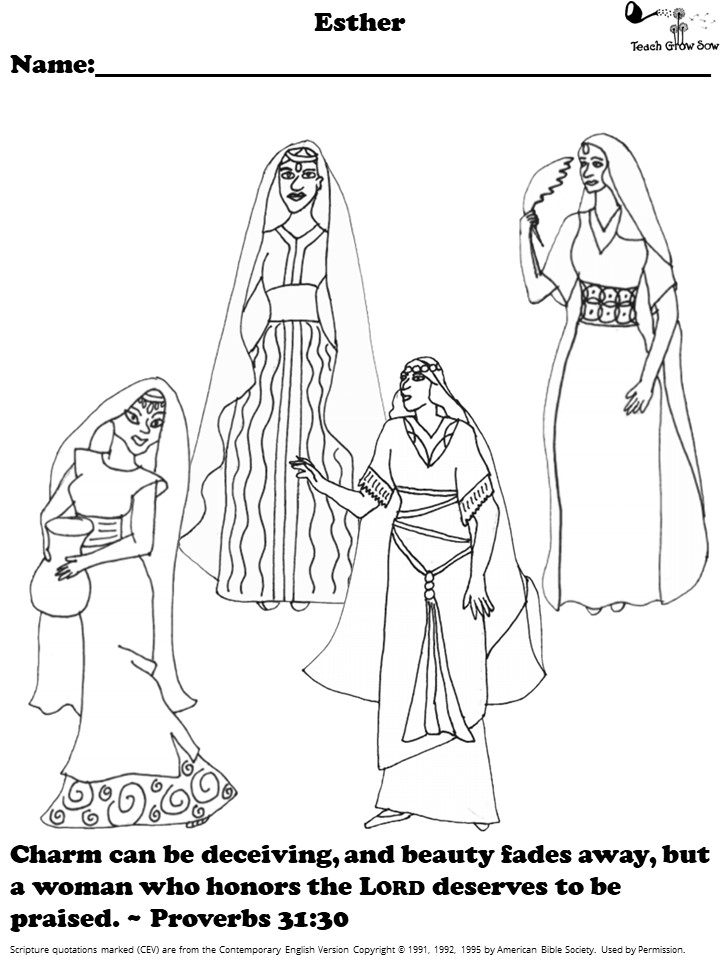
All Lessons:
Want to get a monthly digest of all that’s new at Teach Grow Sow?
Click here to follow on Facebook and Pinterest.
Have questions or feedback? Email:
teachgrowsow@gmail.com